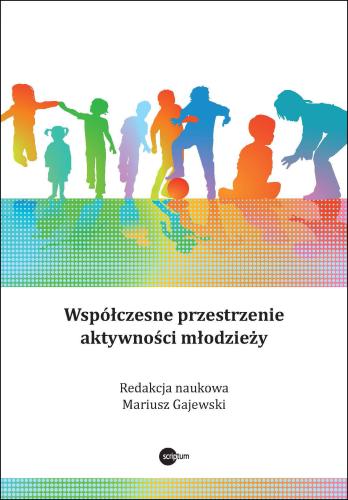Prosocial Activity of the Youth and the Level of Psychological Well-being – A Mediation Perspective
Synopsis
An analysis of the current literature shows that there are links between young people’s prosocial activity and psychological well-being. Meaning in life also plays an important role, allowing individuals to interpret and organise their daily experiences, achieve goals and categorise important objects. The aim of this article was to determine the direction and strength of the relationship between the dimensions of the Light Triad and eudaimonic psychological well-being in the mediating perspective of existential meaning of life in a group of late adolescents. A total of 190 late adolescent subjects participated in the study 108 females (56.8%) and 82 males (43.2%). The age of the subjects ranged from 17 to 24 years; the mean age was M = 22.35 years (SD = 2.06). The results of the study indicated positive relationships between the two dimensions of the Light Triad: belief in people and humanism, and the dimensions of meaning in life: understanding and purpose, and psychological well-being. In addition, the Light Triad dimension – kantianism positively correlated with psychological well-being. Meaning in life was a statistically significant mediator in the following two relationships: belief in people with psychological well-being and humanism with psychological well-being. These results support the research conjecture that the relationships of adolescents’ prosocial activity with psychological well-being depend on their meaning in life.



